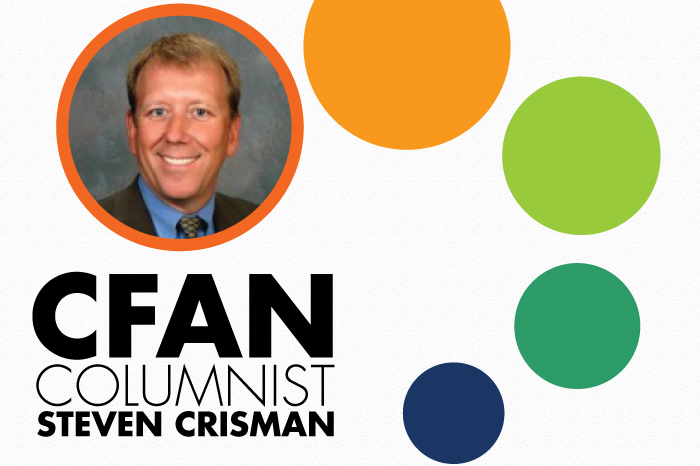TAXPAYERS MAY CHOOSE to take advantage of the de minis safe harbor election under the new tangible repair regulations, as we discussed last month. However, there are other available elections that may better suit your business. The safe harbor election for small businesses and the election to capitalize repair and maintenance costs will alleviate the difficulties of applying the facts and circumstances analysis, which is used to distinguish capital improvements from deductible repairs.
The safe harbor election for small businesses allows you to deduct the costs of work performed on owned or leased buildings, such as repairs, maintenance, or improvements, if you meet specific criteria. To qualify for the safe harbor election you must have average annual gross receipts of less than $10 million and you must own or lease the building or property you are improving. Eligible property must have an adjusted basis of less than $1 million. Additionally, the total annual expenses resulting from repairs, maintenance and improvements on the property cannot exceed the lesser of: $10,000 or two percent adjusted basis of the eligible building property.
You may also meet the requirements to capitalize repair and maintenance costs. You are able to make this election if these expenses are associated with carrying out a trade or business and if you typically treat such expenses as capital expenditures on the books or records that are used in computing your income.
Both of these elections are made annually for each taxable year in which the qualifying amounts are incurred. You are not required to change your method of accounting to make either election. Instead, you will attach a statement for each election to your annual federal tax return. For more guidelines on how to apply the elections or to determine which election, if any, is the right choice for your business, consult your trusted CPA.
CREDIT
column by STEVEN E. CRISMAN
BIO: Steven Crisman is the managing partner of Cross, Fernandez & Riley, LLP’s (C/F/R) Winter Haven office and leads its Agriculture Practice Group. He primarily serves the agriculture, manufacturing, warehousing, and distribution industries. He has specific experience with citrus growers, cattle ranchers, citrus and other horticultural nurseries, citrus harvesters and other support industries as well as watermelon, blueberry and other growers. In addition, Steve provides comprehensive tax and estate planning, attestation and business succession planning services.

